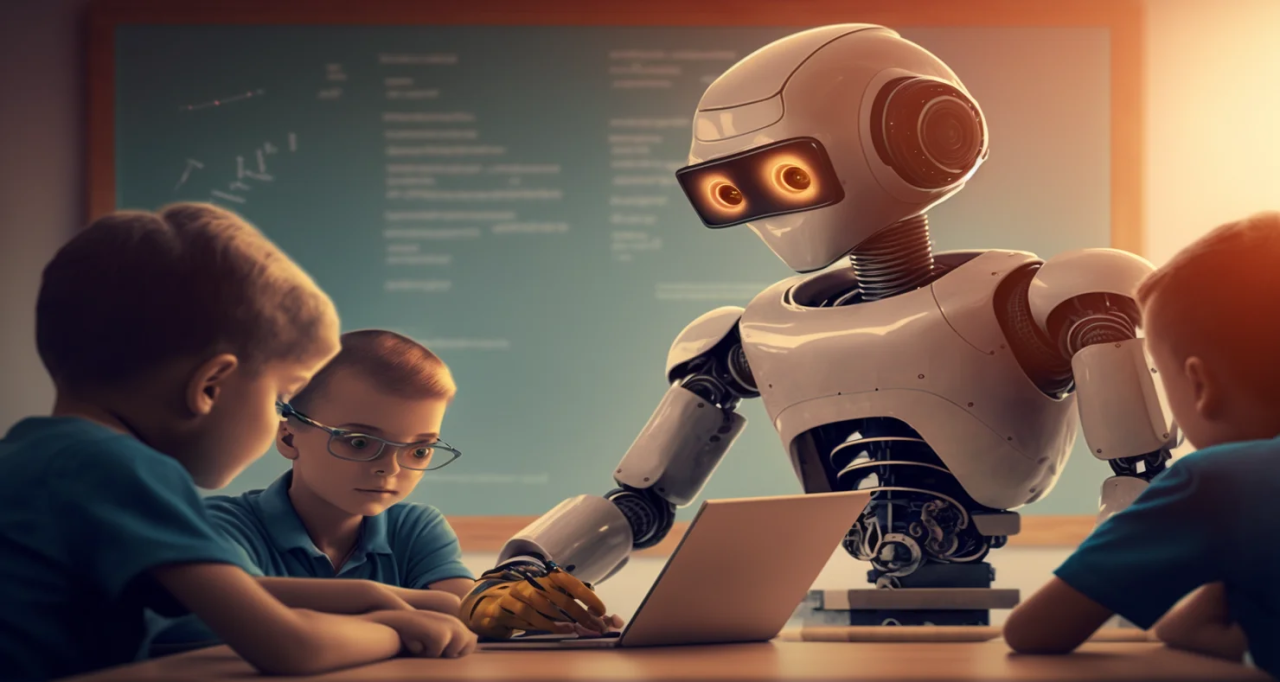Artificial intelligence is transforming education around the world. AI tools are being used to personalize learning, automate administrative tasks, and improve student engagement. Online learning platforms, intelligent tutoring systems, and adaptive learning software provide tailored support for individual students.

AI can analyze student performance data to identify strengths and weaknesses, helping educators design targeted interventions. Virtual classrooms and AI-powered chatbots offer immediate assistance, allowing students to ask questions and receive feedback outside traditional classroom hours.
The benefits of AI in education are significant. Personalized learning improves academic outcomes, increases engagement, and supports diverse learning needs. Teachers can focus on higher-level tasks while AI handles repetitive grading and administrative duties.
However, challenges remain. Digital inequality can limit access for students in underprivileged areas. Over-reliance on AI may reduce critical thinking or human interaction. Data privacy and ethical use of AI are additional concerns that institutions must address.
Experts predict a hybrid model will dominate the future of education, combining traditional classroom instruction with AI-enhanced learning tools. By carefully integrating technology, education can become more inclusive, personalized, and effective, preparing students for a rapidly changing world.